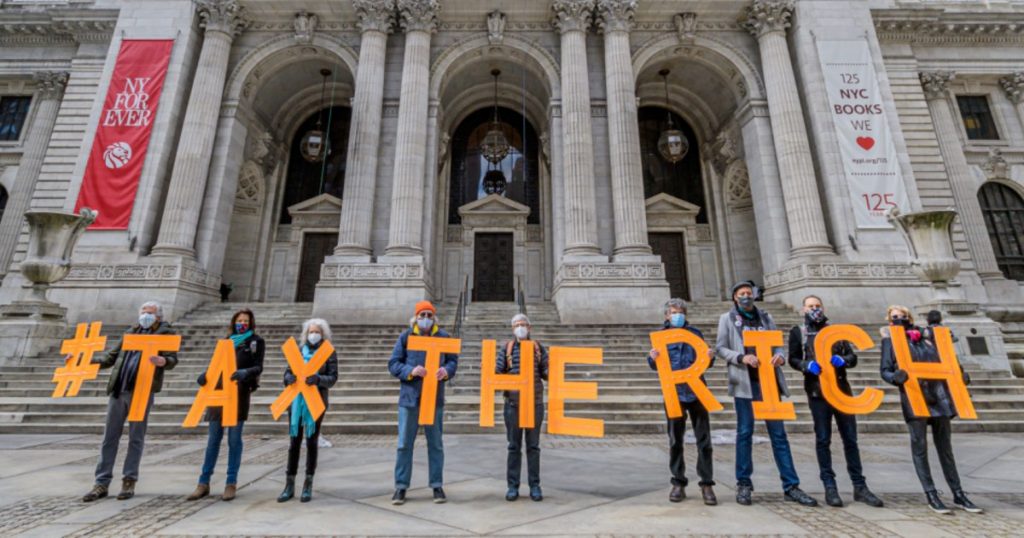Published by The Goodman Institute | March 31, 2022
Tagged as a “billionaire tax,” the new levy would apply not just to ordinary income, but also to unrealized capital gains.
Based on this editorial in the Washington Examiner, many things. But the worst offense is the failure to understand the role of capital in the economy. From the point of view of pure self-interest, what matters to you and me is not how much wealth other people have, but what they do with their wealth.
Most people spend most of what they earn, saving only a small fraction of it. But for the wealthy, it tends to be the other way around. Most of what they earn they save and invest. Ordinary wage earners tend to imagine that if they came into a great deal of wealth they would be living in mansions, flying around in private jets, and sailing the seas in yachts. In other words, ordinary people associate great wealth with conspicuous consumption.
There is plenty of that to go around. But many very wealthy people live very modest lifestyles. Sam Walton (founder of Walmart) was often seen sporting blue jeans and driving an old pickup truck. Warren Buffett never pays more than $3.17 for breakfast. Although he apparently spends some time in a mansion or two, Elon Musk has a primary residence that is a “foldable, prefabricated” rental house, the size of a studio apartment, in Boca Chica, Texas, where SpaceX produces its Starships.
Here’s why you should care. When Warren Buffett pays for breakfast (whatever the amount) he is benefiting Warren Buffett. When he invests in the capital market, he is benefiting you and me. Capital is what makes labor more productive, and more productive workers earn higher wages. Wherever we look in the world, we find that the more capital there is, the higher the average wage.
By contrast, taxing unrealized capital income and using the proceeds to subsidize consumption (which is basically what the Biden budget does) is a formula for reduced growth, lower wages, and smaller incomes for the average family. The American Action Forum, for example, found that under Bernie Sanders’ wealth tax, workers would bear 63 percent of the long-run burden through lower wages
That is why my colleagues and I, along with many other economists, have long preferred a consumption tax. Let’s tax Buffett and others based on what they take out of the economy (for themselves), and not on what they put into the economy (benefiting all the rest of us).
There are a number of ways to tax consumption instead of taxing savings and investment. A national sales tax, a value-added tax and a flat tax are three alternatives we have examined in some detail. We find that any of these alternatives would be fairer, more progressive and more conducive to economic growth than the system we have today.
Support for replacing our current tax system with a consumption tax, especially a progressive consumption tax, has a lot of support among economists – across the ideological spectrum. But it is not popular with politicians or voters. Why is that?
One reason may be the enormous amount of misleading propaganda about taxes we have been subjected to over the last three decades. The Democratic reaction to virtually every Republican tax proposal has been to characterize it as a “give-away to the rich.” Yet, according to the Tax Foundation, more than 60 percent of U.S. households today do not pay any income tax at all.
How is that possible?


